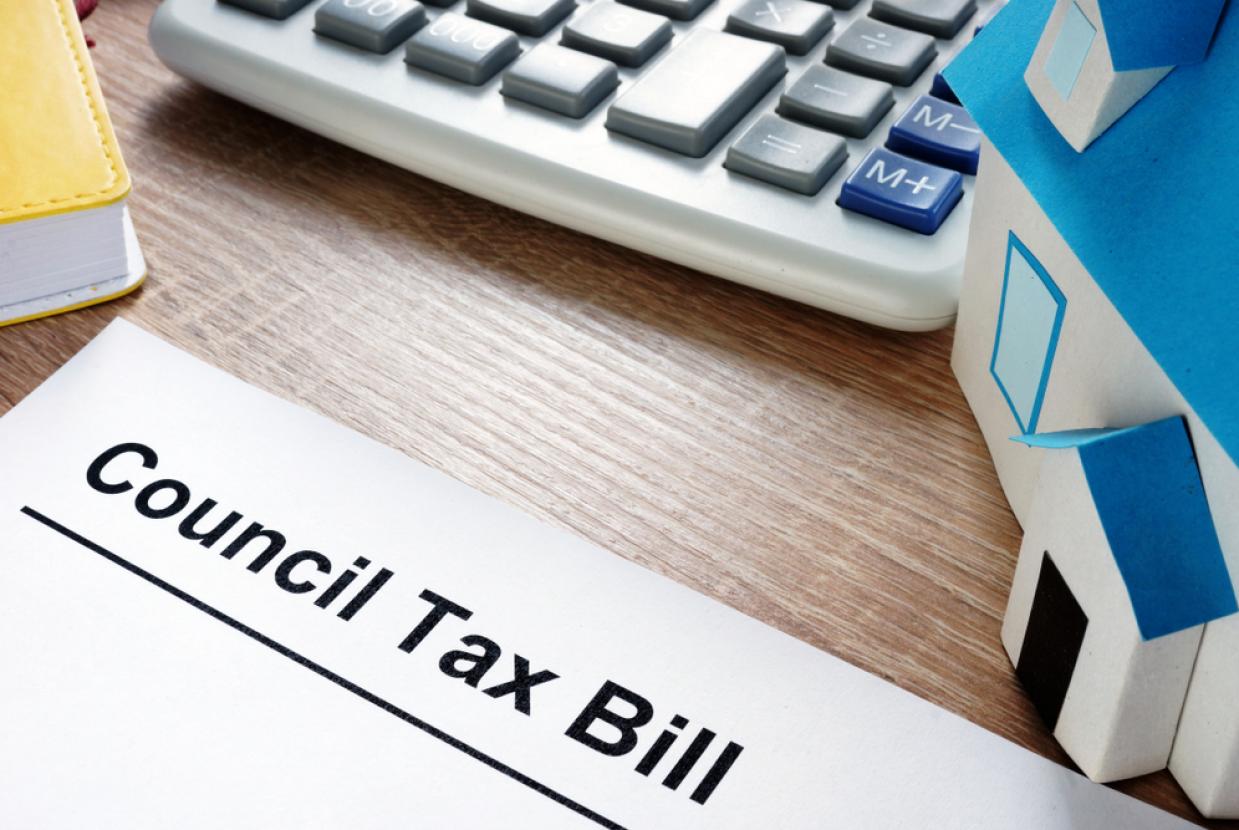Help With Mortgage Payments
Higher interest rates mean many are struggling with more costly monthly payments. If you’re worried about keeping up with your mortgage – or have already fallen behind – there are steps you can take to get back on track.
Discover the help you can get now, including tailored support from your lender and added help if you’re entitled to benefits.
If you’ve not missed a payment, but you are struggling, there are things you can do now.
Contact your lender
If you’re worried about your mortgage payments, the first step should always be to contact your lender. The sooner you act the better, as you’re likely to have more options before you miss a payment.
Follow these steps to work out what you need to do:
- What to expect from your mortgage lender
Lenders must treat you fairly and consider any request you make to change the way you pay your mortgage. In response to higher interest rates, the Government launched a ‘Mortgage Charter’ that enables lenders to offer ‘forbearance’ in the form of flexible, short-term support. Asking your lender for support will not impact your credit score.
If you're worried about staying up to date with your mortgage repayments but have not missed a payment, these are the three main options you can ask your lender about:
- Lengthening the term of your mortgage and switching back to the original term within six months.
- Switching to interest-only repayments for six months.
- Switching to alternative payment arrangements, such as a mortgage payment holiday.
All these steps come under the ‘Mortgage Charter’, which means they won’t negatively affect your credit file during the six-month period. But if these measures continue past that, then they could affect your credit file (your personal credit history that lenders use to decide whether to lend to you).
If you’ve already missed a payment and are in mortgage arrears, use our Debt advice locator tool to find free and confidential debt advice. Doing a budget before speaking to your lender could help your discussions about what you can afford as repayments. Our Budget planner can help you do this.
- Ask about lengthening the term of your mortgage
If you’re on a repayment mortgage, by lengthening your remaining mortgage term you get longer to pay back the amount you owe on your mortgage. This means your monthly payments will reduce. If you’re on an interest-only deal your payments will remain the same.
Here’s what you need to know:
- You can expect to choose how long to extend your term by, provided it doesn't take you past your planned retirement age or your lender's maximum mortgage term.
- The longer you extend by, the more your monthly payments will reduce. Extending by 10 years would have a greater impact than extending by five.
- There's no affordability check.
- A term extension will not impact your credit file.
Under the 'Mortgage Charter', after you’ve agreed an extension, you can switch back to your original term after six months. This means you could use this as a short-term way to pay less. Or, you could see it as a long-term measure if needed.
- Ask about switching to interest-only mortgage repayments
If you switch to interest-only repayments, you'll pause repaying the money you've actually borrowed, typically for up to six months.
Here’s what you need to know:
- How much your repayments reduce by depends on the size and length of your mortgage. The longer you've been paying off your mortgage and the smaller your remaining debt is, the bigger the reduction will be.
- After your interest-only period comes to an end your repayments will be higher.
- There's no affordability check.
- A switch to interest-only will not impact your credit file – at least for the first six months; after that it might appear on your file.
Essentially, you need to remember this is a temporary measure and you’ll need to start repaying the amount you’ve borrowed as well as the interest.
- Ask about a temporary payment arrangement such as a mortgage payment holiday
A mortgage payment holiday is when your lender allows you to temporarily stop or reduce your monthly mortgage repayments.
Here’s what you need to know:
- You’ll often need to have previously overpaid your mortgage. That means paying more than your agreed monthly payments until you’ve built up enough credit to take a break from payments.
- If you’re struggling to meet the monthly cost due to a change of circumstance, such as redundancy or going on maternity leave, your lender might also allow you to reduce or suspend mortgage payments.
- You won’t qualify for a mortgage payment holiday if you’re already in arrears. But don’t let that stop you contacting your lender, as they’ll be keen to help you come to an arrangement.
- Understand the pros and cons of a mortgage holiday
Taking a mortgage holiday is only suitable as a temporary measure – and only when you have enough equity in your property to prevent you falling into unmanageable levels of debt.
While a payment holiday can be a much-needed financial break and help you get back on track with other bills, you should weigh up the pros and cons.
Pros
- It relieves some financial pressure for a while.
- It could be a good option if you’re only facing a temporary drop in income and your income is set to increase when the ‘holiday’ ends.
Cons
- It’s not suitable if you can’t afford your mortgage payments because your household income has reduced permanently.
- You’re still racking up interest on your remaining mortgage balance.
- Your outstanding mortgage balance and mortgage payments will be higher than they were before the holiday.
- Even if your lender agrees to this temporary solution, your credit file will be impacted. This could affect your ability to get credit in future.
For further information about help with mortgage payments - visit Help with mortgage payments | MoneyHelper




























